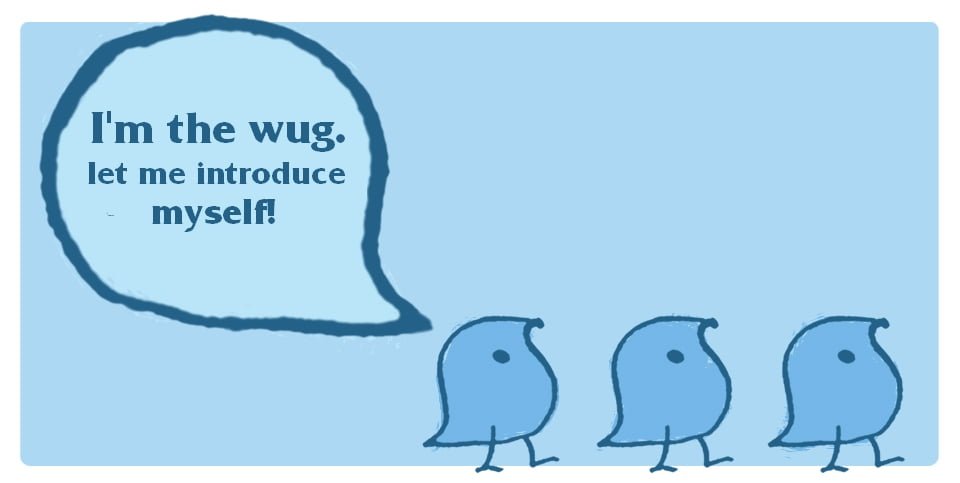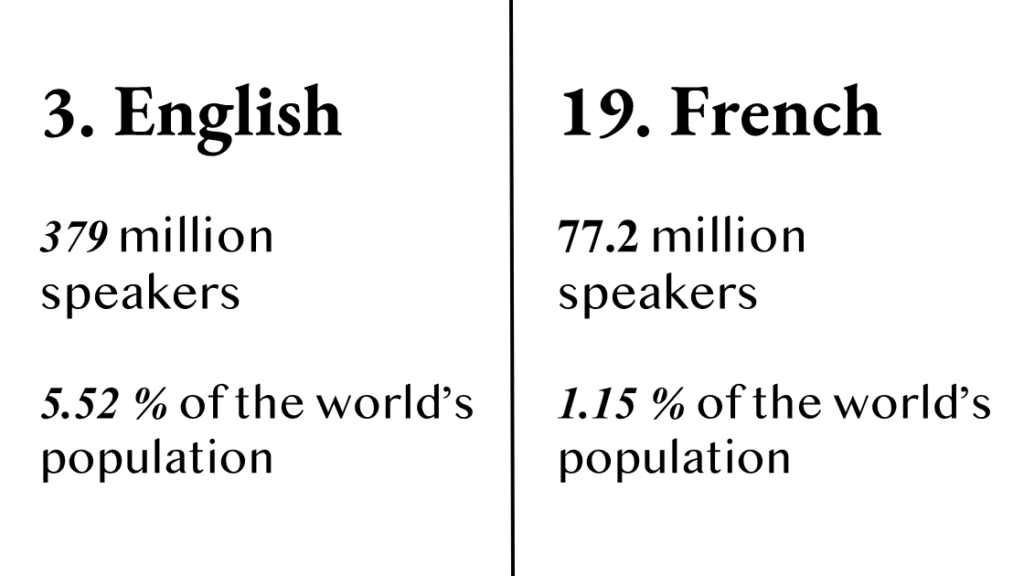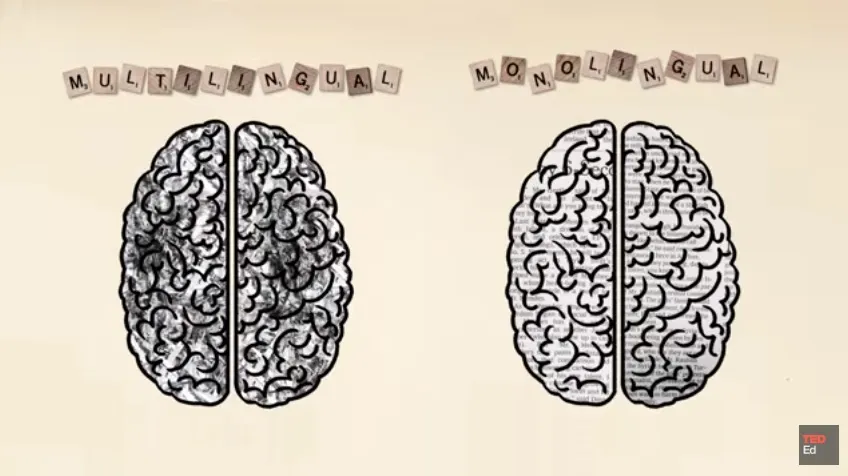What is a Wug?
A wug is an imaginary cartoon creature created and first used by psycholinguist Jean Berko Gleason to test people’s ability to use the English plural morpheme*. The test usually involves two cartoon panels—one depicting one wug with the caption “This is a wug,” and the other depicting two wugs with the caption “Now there is another one. There are two of them. There are […]










